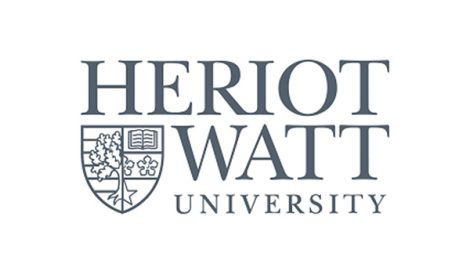-
Heriot-Watt University secures funding to investigate thermodynamics of CCUS fluids
Date posted:
-
-
Post Author
Tracey Biller
-

Scientists from Heriot-Watt University have secured new funding to investigate the thermodynamic behaviour of typical carbon capture, utilisation, and storage (CCUS) fluids. The research is critical for the safe and efficient processing, transportation, and storage of these fluids.
The funding was announced by the university last week and covers a two-year project to be jointly funded by TotalEnergies and Equinor. The project aims to improve thermodynamic models to predict the phase behaviour of CO2 rich mixtures, specifically focusing on volatile organic compounds (VOCs) as the impurities. The project outcomes will be pivotal in establishing optimum operational conditions throughout the CCUS chain as well as environmental compliance and proper CO2 storage.
In CCUS systems, VOCs are often found in the captured CO2 stream, primarily originating from the source of the CO2. VOCs include, for example, benzene, toluene, xylene (BTX), aldehydes (formaldehyde, acetaldehyde), and various hydrocarbons depending on the fuel source and capture conditions.
The project lead is Dr Pezhman Ahmadi who is from the specialist Hydrate, Flow Assurance and Phase Equilibria (HFAPE) research group at Heriot-Watt University. Dr Ahmadi says that for safety and technical reasons, understanding the thermodynamic behaviour of a fluid is key to its successful processing, transportation, and storage.
He explains, “In CCUS projects, where the working fluid is usually a CO2 rich mixture, the presence of impurities significantly influences the behaviour of the fluid in comparison to a pure CO2 stream. While thermodynamic models for pure CO2 are reliable thanks to abundant experimental data, impure CO2 streams, which are common in industry, pose challenges due to limited data and deficiencies in existing models. This project focuses on volatile organic compounds as a critical category of impurities so we can better understand the influence of this type of impurities and address this data gap.”
Since the institution’s first CCUS-related joint industry project in 2011, led by Professor Antonin Chapoy, a specialist research group based in the School of Energy, Geoscience, Infrastructure and Society has developed advanced laboratories and cutting-edge expertise in experimental and modelling studies of the thermophysical properties of CCUS fluids. Today, the group collaborates with more than ten major CCUS operators worldwide through consultancy and research projects.
Professor Chapoy is project co-lead and has extensive experience in leading CCUS projects for the research group.
Read the full press release here.
